Planting Seeds of Rural Prosperity by Raising Future Leaders in Lee County
Print This Postby Krystin Dean
Sometimes progress takes patience. This was the case for Patsy Shirley, executive director of Lee County Family Connection, and Lisa Davis, president of the Lee County Chamber of Commerce, who shared a vision to create the Junior Leadership Lee program.
“We had the leadership program in our annual plan for three years and decided in 2020 to remove it because we didn’t have any leverage to get it off the ground,” said Shirley. Then the Collaborative received a request for proposal from University of Georgia’s J.W. Fanning Institute for Leadership Development for the Innovations in Community Leadership Initiative.
“One of the main reasons we felt we needed this program simply is brain drain,” said Shirley. “In our small, rural community in southwest Georgia, we often see students graduate high school, go to college, and then not return here to start their careers. Sadly, Lisa and I even experienced this with our own children. With this program, we’re trying to reach students early on before they start making a lot of life decisions.”
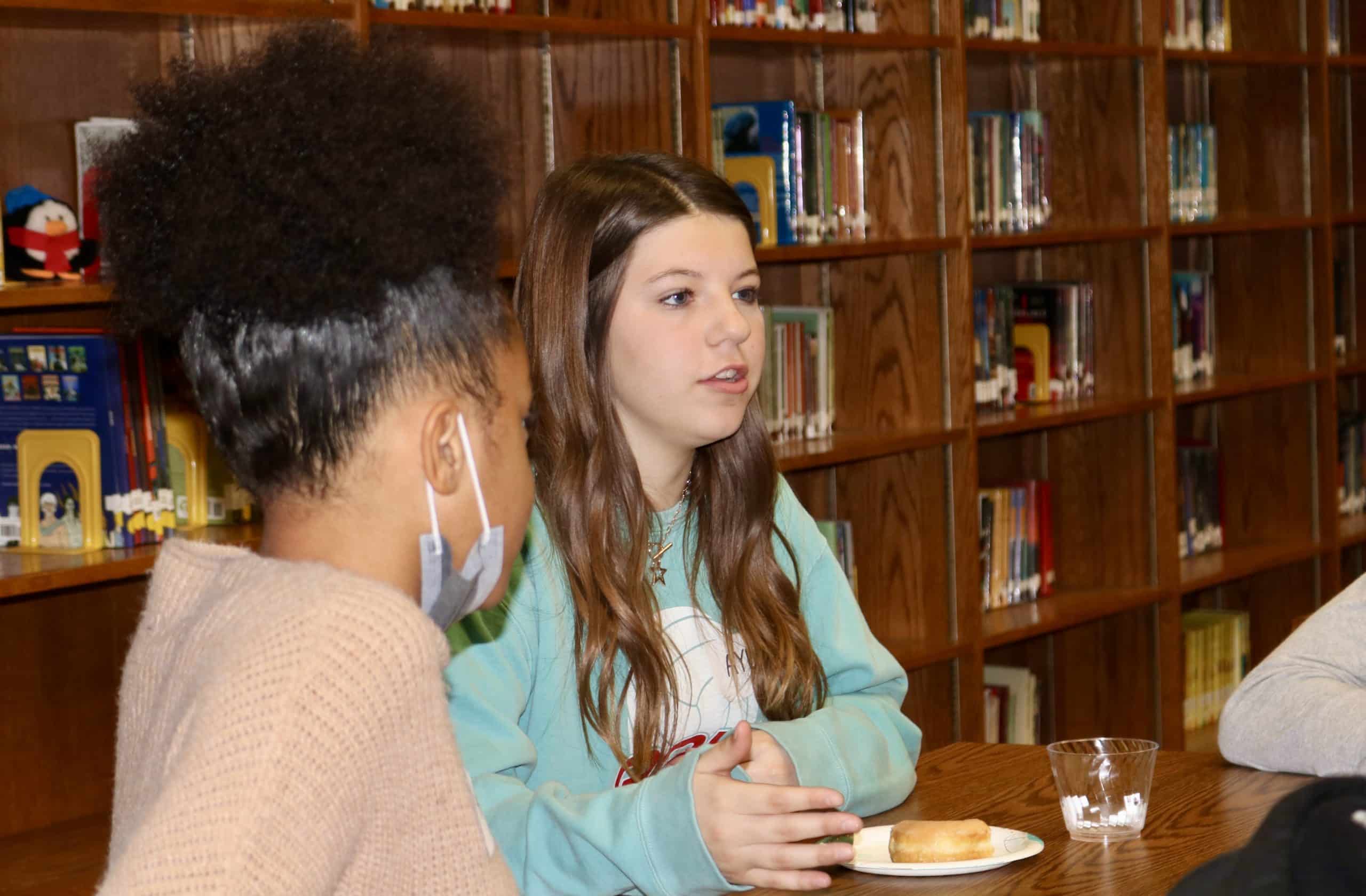
Shirley and Davis aimed to emulate the Chamber’s Leadership Lee program, which prepares existing and emerging adult leaders for positions of responsibility by increasing knowledge of the community’s economic strengths, resources, and infrastructure.
“We want students to understand their community—how it’s run, who runs it, and how they can potentially run it as adults,” said Shirley. The program aims to build awareness of opportunities for success within the community and help youth develop meaningful relationships with business leaders.
“A skilled workforce is key to rural prosperity,” said Davis. “Changing the cycle of brain drain is essential to maintaining that skilled workforce and talent that businesses and industries are looking for. Our hope is that students will increasingly see their future success and happiness right here in our community. We also envision them becoming more confident and seeing themselves as leaders—now and in the future.”
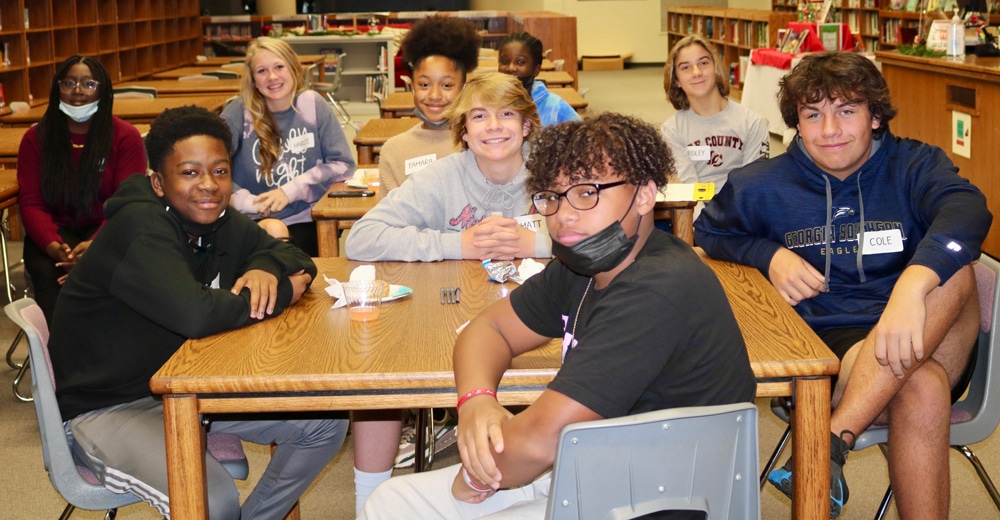
Shirley and Davis secured partnerships with Lee County School System, Lee County Library, Lee County Board of Commissioners, and City of Leesburg, forming a team that was named one of seven Innovations in Community Leadership Initiative recipients in 2021.
“Our partners see the importance and value of getting youth connected and invested in our community,” said Davis. “They also see what this program’s success can mean to Lee County’s future development and growth. We see opportunities for mentoring, internships, and even future careers.”
The Fanning Institute is working closely with Lee’s team to develop and build out the program, providing resources and technical support. The first year is focused on developing the Junior Leadership Lee Academy. “We’re fortunate that we can take our time to plan so this can be sustainable and replicable across the state,” said Shirley.
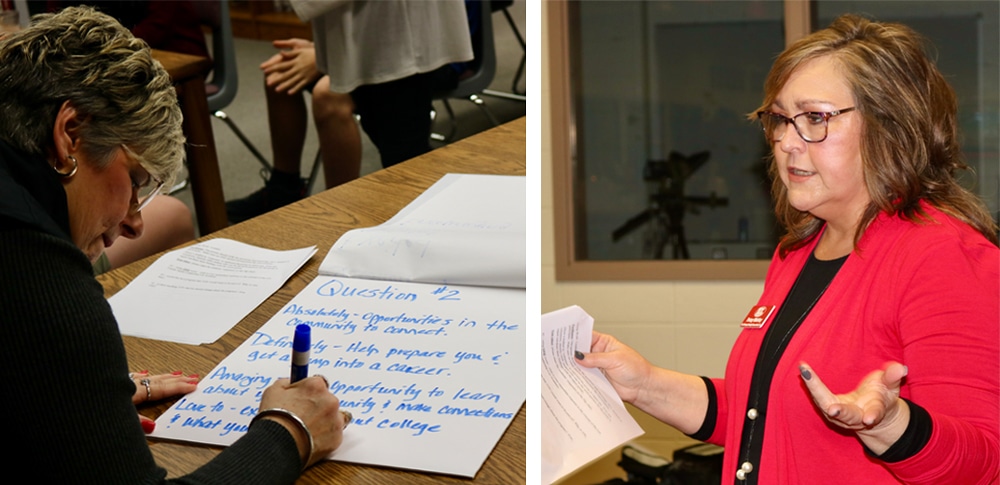
Fifteen eighth graders from each of the county’s two middle schools were selected to attend monthly classes. Fanning faculty will train up to 25 community members in the Fanning Institute’s Youth Leadership in Action curriculum, which will help form the foundation for the Junior Leadership Lee Academy’s curriculum—and fashion a more community-driven program.
“It’s a great opportunity to be in middle school and have somebody pour into you and help you grow as a leader,” said Lee County Schools Superintendent Jason Miller. “I never had an opportunity like that until I was in college. It’s going to mean so much for these students going through high school, college, and the rest of their lives.”
The Fanning Institute brings a research-based leadership development framework that focuses on helping youth understand who they are as leaders, how they can more effectively build relationships with others, and how to use that knowledge to make a difference in their communities.
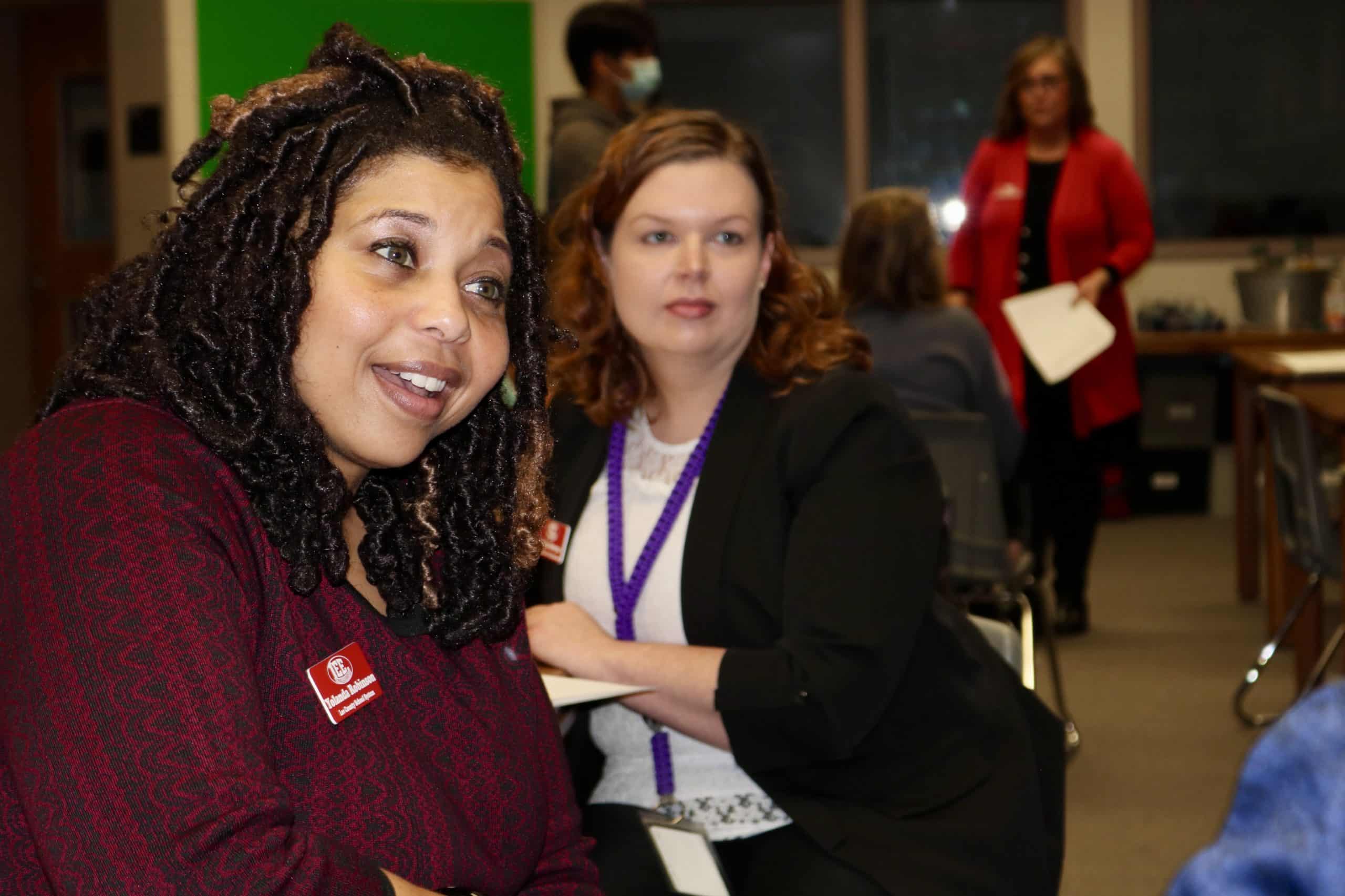
“At the Fanning Institute, we believe everyone has leadership potential, and Lee’s team shares that belief,” said Sayge Medlin, Fanning Institute’s public service associate and assistant director of internal operations. “They’re putting a lot of thought into creating inclusive recruitment, application, and selection processes to ensure that the program taps into as much leadership potential as possible.”
According to Shirley, the goal is to select 30 students who represent the student population in gender, race, socioeconomic status, and academic status—and to be inclusive of students with special needs.
“We want to have a mixture of natural leaders, students who would be leaders if the natural leaders would step out of the way, and students who have leadership potential but have been too shy or reserved to step outside of their comfort zone,” said Shirley.
Academy graduates will transition into Junior Ambassadors in high school. In this new role, students will continue to meet quarterly, develop and implement an annual community service project, and volunteer at partners’ community events.
Once the first class is established, the team’s focus will shift to building the Junior Ambassador program along with a peer mentoring component that pairs eighth graders with 11th graders.
Or could we say, pairs high-school juniors with eighth graders?
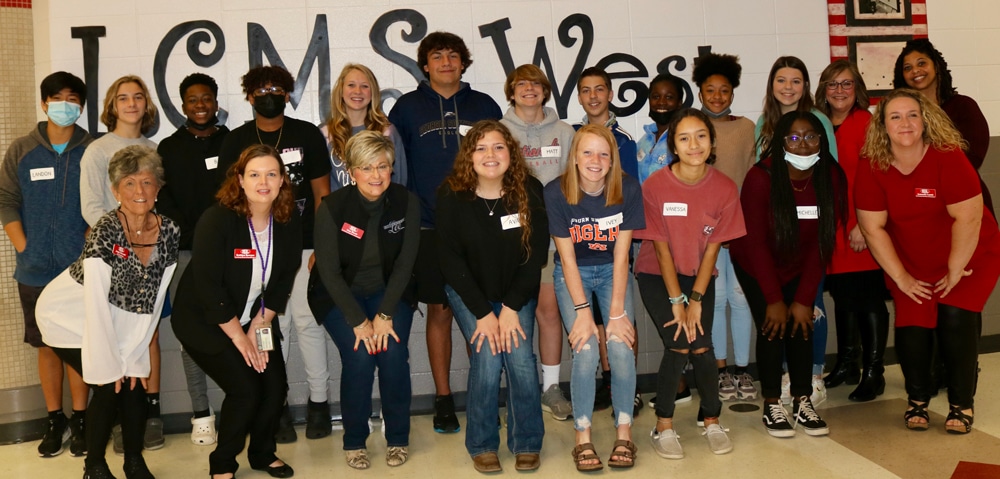
“We hope that relationships with community leaders will grow organically with our Junior Ambassadors, and that each student will find someone who will remain a constant in their life and keep them connected to our community—and hopefully bring them back here to live, work, and raise their families,” said Shirley.
According to Harlee, an eighth grader who participated in a recent focus group, a program like Junior Leadership Lee could encourage students to do exactly that.
“I think the draw of leaving home is that you want a fresh change,” said Harlee. “But once you experience something new, you can bring it back to the community that you’re originally from. You can help your community thrive—and help others enjoy your county as much as you did growing up.”
For questions about Lee County Family Connection and the Junior Leadership Lee program, please contact Patsy Shirley at shirleypa@lee.k12.ga.us.
Read and share Expanding Our Perspective, Unlocking Our Potential—Georgia Family Connection’s 30-year impact report.
Contact:
Krystin Dean
GaFCP Communications Specialist
706-897-4711
krystin@gafcp.org
Follow us on Twitter: @gafcpnews
Connect with us on Facebook.
